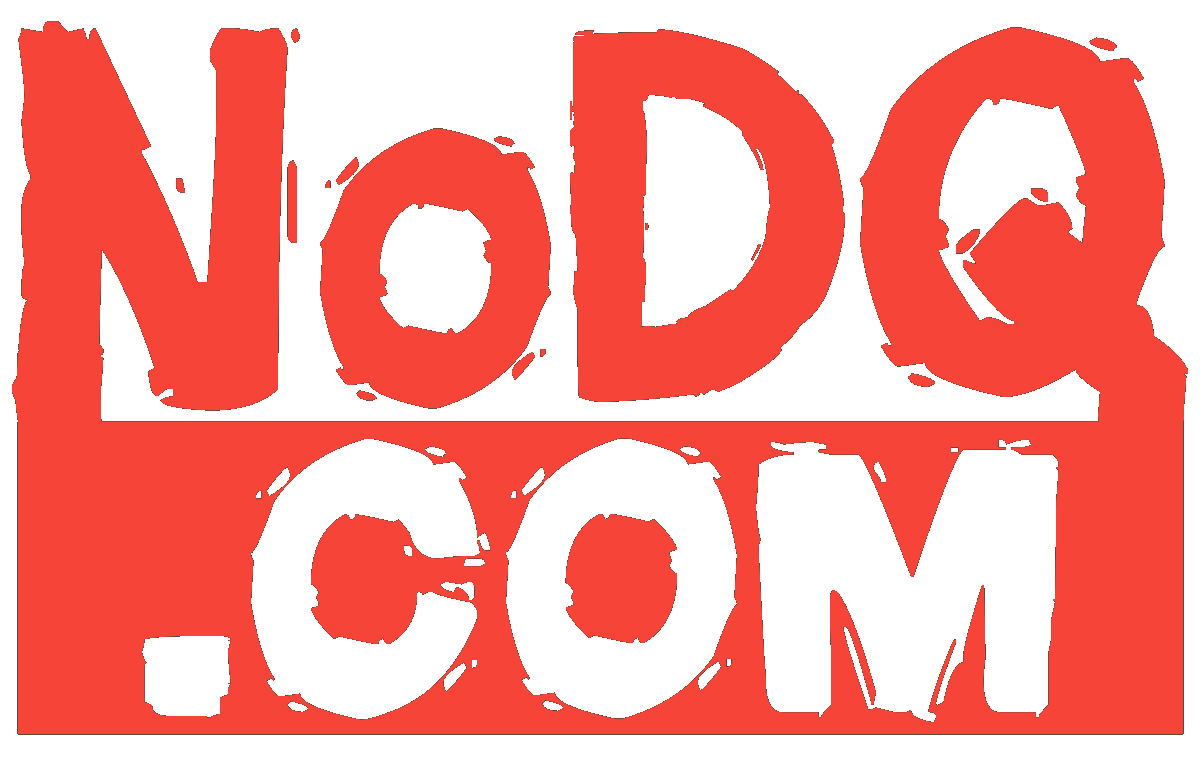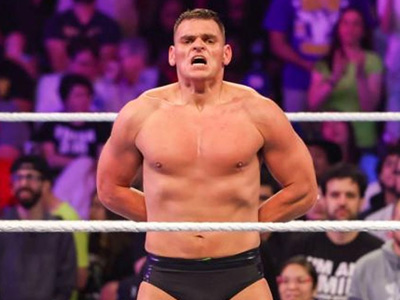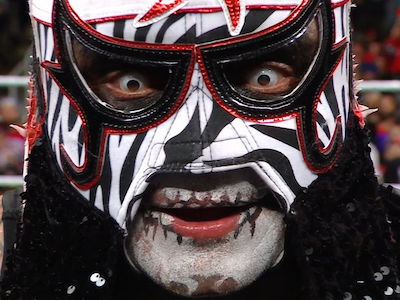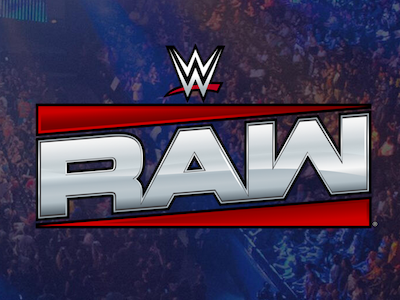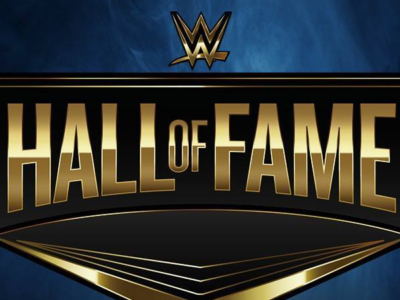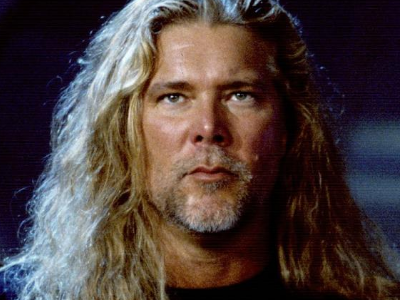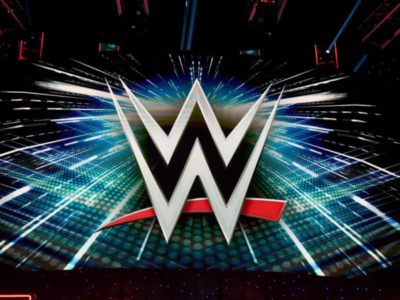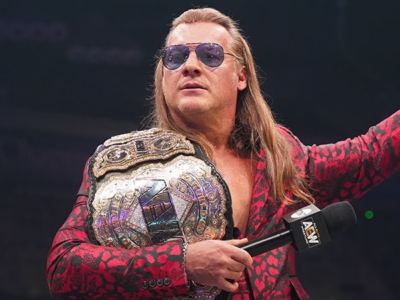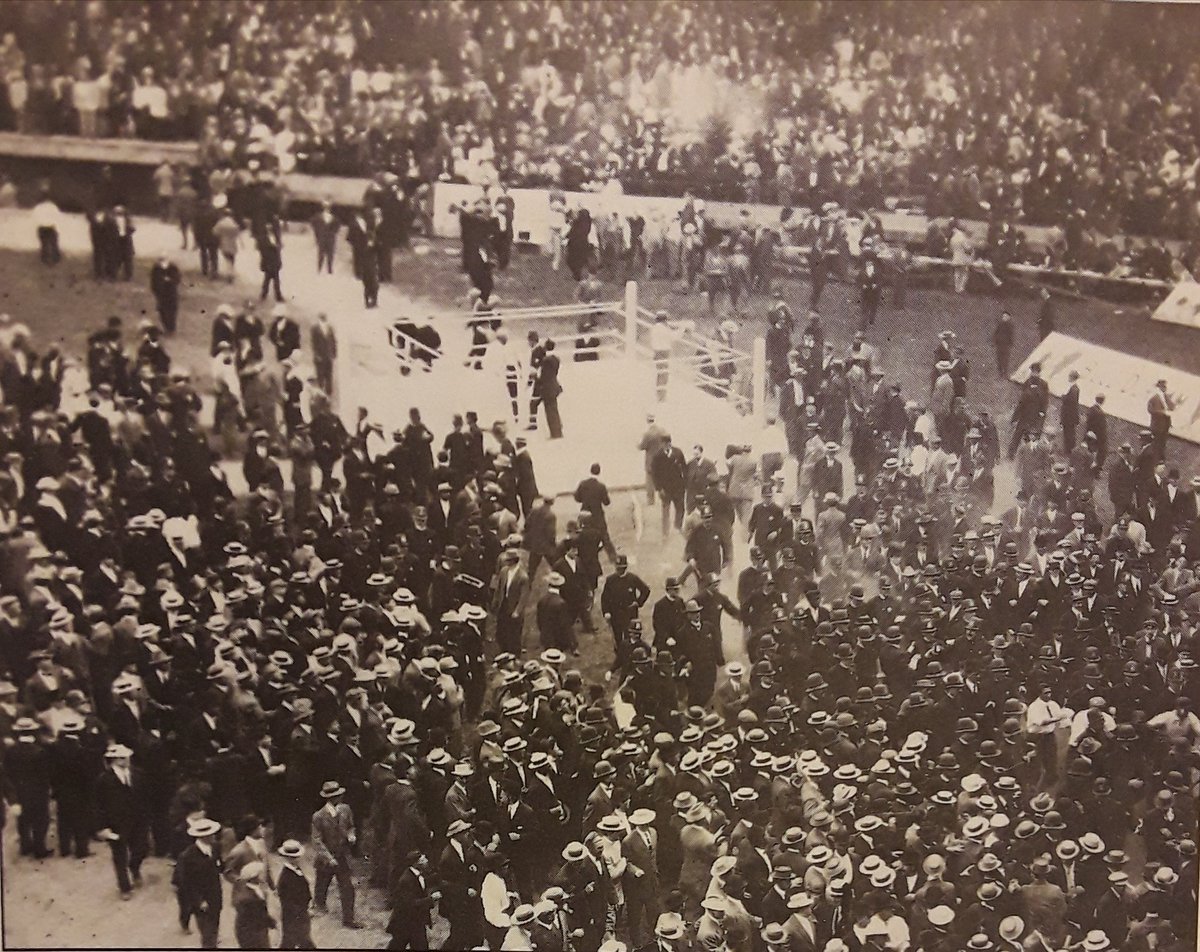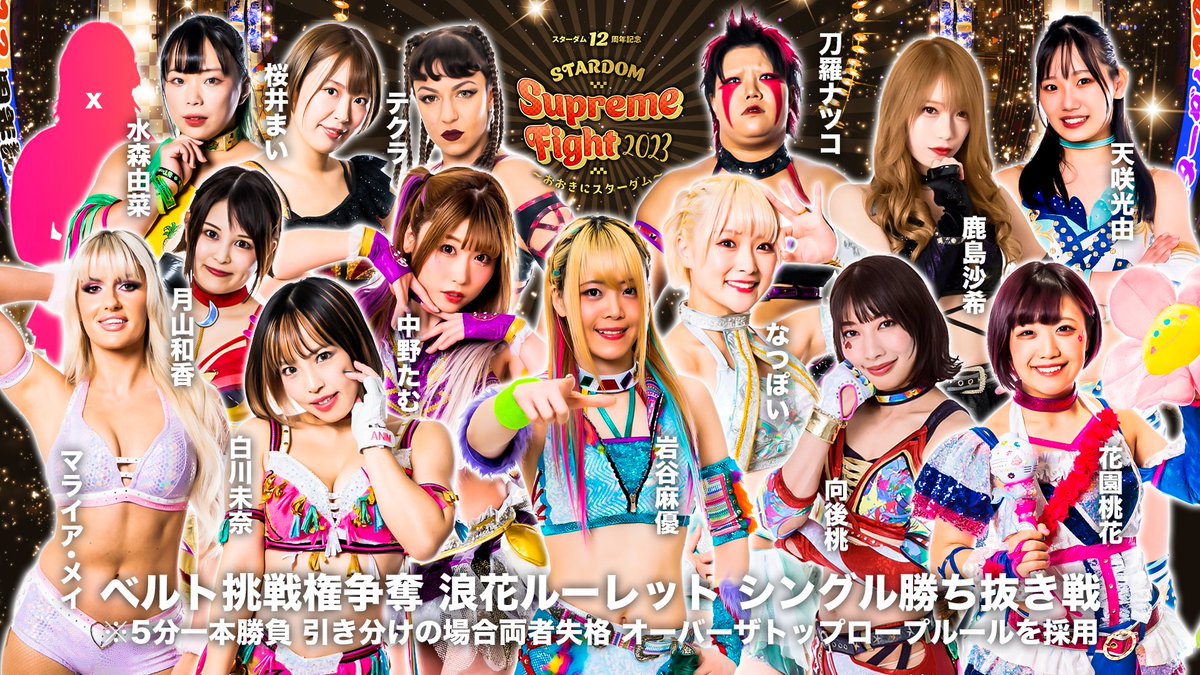No, Wrestling Won’t “Die” if McMahon Sells WWE

“(Modern matches) have too many headspinning and unnecessary gyrations. They give the impression of being rehearsed.” – Frank Gotch, 1913
Note: This is in response to many online sentiments I have seen around social media circles regarding this subject. It is also a slight response to Mr. Tito, a longtime columnist here at NoDQ.
In his book Hooker, legendary grappler Lou Thesz had stated that the wrestling industry had gone into a “tailspin” during the late 1910s. With the retirements of George Hackenschmidt (1911) and Frank Gotch (1913), there were fewer and fewer stars with drawing power available.
One could have largely thought professional wrestling was “dead”. Attendances were lower, the sport has been long called out for being too “fake”, and interest was generally fading. The United States was headed towards a World War in the late 1910s, and in the next decade, new early pastimes were forming.
During the 1920s, baseball was still widely loved, the NFL was officially formed, and professional wrestling couldn’t hold a candle to the popularity of boxing in that era.
Yet, somehow, wrestling persisted.
Now with the reports of the WWE’s incoming sale, fans online have predicted the worst.
If Comcast or Disney buy WWE, expect a G-rated, very family-friendly product geared away from hardcore fans. If the Saudis buy, not many advertisers, sponsors, or networks will want to even touch WWE. If Tony Khan buys WWE (which will never happen), well, we don’t want another wrestling monopoly. We really, really don’t…
And with the 77-year-old McMahon at the head of creative sooner than later, WWE fans should be squirming in their seats a little.
Holy crap, professional wrestling is going to die!
Or is it?
–
A Cycle of Wrestling “Deaths”
As mentioned, headed into the late 1910s, wrestling was losing great popularity. However, a group of three men re-envisioned the sport and catapulted it back into the public eye.
Enter the “Gold Dust Trio”.
Ed “Strangler” Lewis, Joseph “Toots” Mondt, and Billy Sandow (The “Gold Dust Trio”) would re-create the craft in the 1920s with their new “slam-bang” wrestling style. The matches became faster; the moves became flashier, and a radical idea of “tag team wrestling” grew in popularity.
Perhaps gone were the days of a classic Gotch-Hackenschmidt battles that sold 30,000 tickets at Comiskey Park in Chicago. However, professional wrestling started to gain relevance once more.
And this cycle would come and go throughout the coming decades.
The sport would go through lows shortly before World War II, then blossom with the advent of the N.W.A. and early television exposure during the 1950s. Wrestling witnessed a steep decline in the 1970s, only before Vince McMahon’s WWF raided the territories and kickstarted wrestling’s popularity once again during the 1980s.
The early 90s was a declining time for pro wrestling until ECW would influence both WWF and WCW, and became a then unknown catalyst to the Monday Night Wars a few years later.
Like any fad, it comes and goes, and that’s exactly what pro wrestling was in the 90s. After McMahon purchased WCW in 2001, many fans thought the sport would die as well. But that didn’t happen, did it? A product being less popular doesn’t equate to its death. And having measurable corporate profits doesn’t always measure to success…
–
WWE Is Not An Alluring Property
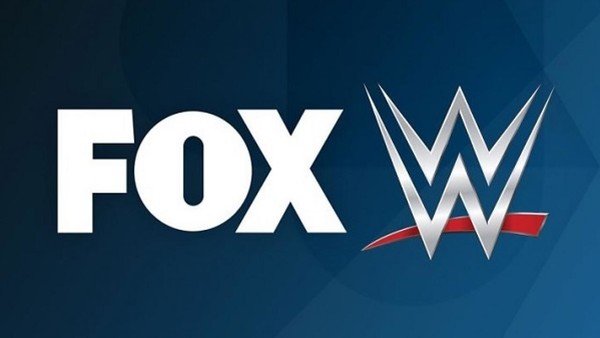
Smackdown is the highest rated wrestling show when it comes to TV ratings. However, in a recently report from financial giant Morgan Stanley, all is not as well as it seems…
Simply put, the price tag for Smackdown could “not be justified”. Since 2020, Fox has lost money in comparison to their initial investment as follows:
-2020-21 Season: $134 Million in losses
-2021-22 Season: $145 Million in losses
-2022-23 Season: $155 Million in projected losses
-2023-24 Season: $167 Million in projected losses
In addition, Smackdown brings in the lowest ad rates for Friday nights at a network low $47,000 per minute. Raw, on the other hand, has seen a general ratings decline since 2002.
The analysis concludes that there are not enough wrestling fans to justify what Fox spent on the deal; and that the viewership numbers are not likely to change. Furthermore, when you consider that WWE’s ratings have consistently declined over a 20-year span, and that the casual fan base is dwindling, WWE is not in the best state – let’s just be honest.
If you’re a network working on a new TV deal you have:
-A product whose fan base continues to shrink
-An owner who is currently being sued by a WWE shareholder and has a history of sexual assault allegations.
-A conglomerate like Fox who will lose half a billion dollars on their current TV deal as precedent.
Does this mean WWE is going to die? Of course not. However, are they overhyping themselves to the point where they simply aren’t worth as much as many think? Clearly.
Expect McMahon to possibly get much less than what he wants for WWE. This either means they’re sold for and worth less, or they don’t sell at all. Or perhaps their new network TV deal gives them much less to play with. But even a WWE that looks a bit smaller than what fans might be used to will still survive.
–
Wrestling Alternatives Will Always Be There
Indies are just modern day territories. This idea has existed since the days of the National Wrestling Alliance and beyond. What makes anyone honestly think that just because WWE is having some struggles that it means every other promotion will simply go away?
If you’re a conditioned WWE fan that only enjoys McMahon’s version of pro wrestling, I could see how it might be hard finding an alternative. But that doesn’t bother many hardcore internet wrestling fans.
And before you say the IWC is “killing” the industry — that’s a complete lie. We’re the ones keeping pro wrestling afloat right now. We tune in every week, we spend our money on shows and merchandise, and we invest more than a casual fan ever would.
We can enjoy a show in say Stardom in an arena that only fills 2,000. Impact, MLW, NWA, or even New Japan (outside of Wrestle Kingdom) generally fill smaller venues, and that doesn’t bother us.
And obviously, many of us hardcore fans are tuning in weekly in support of All Elite Wrestling. (Go Jaguars!)
Smaller venues and arenas shouldn’t bother the WWE fan, even if conditioned for larger arenas, crowds, and an abundance of pomp and circumstance.
Do you actually like pro wrestling, or just the comfort of a Vince-created sports entertainment brand? If it’s the latter, my apologies, but traditional pro wrestling will always be around in some form; with or without WWE.
–
Going Home

I don’t understand this mentality that pro wrestling will cease as we know it if it’s simply not as popular as it used to be.
So what? It hasn’t been terribly popular in years.
If your enjoyment of a product depends on how successful it is, then you have bigger personal issues to worry about than the future of professional wrestling. And clearly, it’s doing better in other non-WWE circles than one would think.
New Japan’s Wrestle Kingdom 17 drew its biggest U.S. audience ever. AEW Dynamite’s TV ratings had more overall viewers in 2022 than any other year. Mercedes Mone just signed a deal with Stardom to help put them on the radar of some casual fans.
You could argue that the casual wrestling fan base has been shrinking, and the hardcore fan base has risen a little — and that’s okay. Because that’s how it has always been. Through every “dip” in popularity and setback pro wrestling has suffered for over 100 years now, the hardcore fans have been there.
We always will be.
So pro wrestling isn’t going anywhere. It’s not “dying” by any means. Fox will likely not renew their deal with WWE, or do so at a much lower cost. Comcast is likely out as well given Peacock’s massive profit losses in 2022 to the tune of $614 million. if the Saudis buy, then the writing is on the wall for WWE’s massively scaled back future.
And even if so; that’s still okay. Whether it’s WWE on a smaller scale than we’re used to, AEW staying consistent, or possibly the rise of a new flavor (MLW, Impact, Stardom), it’s all good.
Because pro wrestling will never die.
-T5W
hate mail: t5wrestling@proton.me
